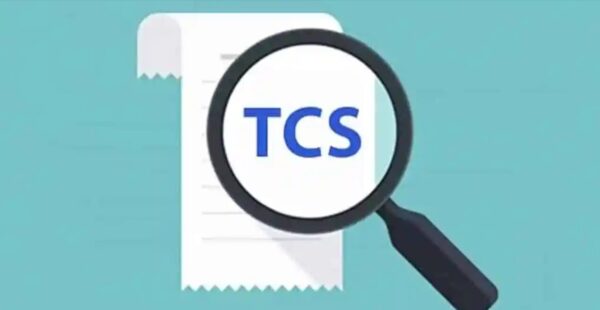
Full Form of TCS in Income Tax
The TCS Full Form in Income Tax is Tax Collected at Source. It is the Indian Tax system for Income Tax regime has set up an approach to tax collection: Tax Deducted at Source (TDS) and Tax collected at Source (TCS). Concentrated on the income from interest, salaries rent., TDS reaches out to the various income-generating aspects. The TCS is, in contrast handles specific transactions that involve the sale of goods and services. This document aims to clarify the intricacies of TCS starting from its intent and scope, to its rate and the required information for the taxpayer.
What is TCS?
Under the Tax Collected at Source Sellers deduct a percentage of their customer’s payments, similar to tax collectors. In the case of the time of Income Tax they know. TCS is controlled by the 1961 Income Tax Act 206C.
Priorities to TCS deployment:
The cash flow of the government is enhanced by reducing upfront income tax. TCS tax high-value transactions and improves tax compliance. Since sellers can deduct tax on selling the buyers are less likely to conceal the value of transactions which reduces tax avoidance. Tax Act transactions are income. Tax Act transactions are TCS. These transactions usually involve costly items or services.
Sale of Specific Items
TCS protects goods sales that exceed an amount that is beyond. Most commodities have a. 50,000,000 limitation on the financial year. The lower criteria are applicable to certain exemptions.
TCS rates TCS rates
TCS rates are based on the taxpayers and transactions. Rates for transactions range between 0.1 percent up to 20 percent, and most of the time 0.1 percentage to 5percent. Income Tax’s website https://www.incometax.gov.in/iec/foportal/ has the newest TCS rates.
